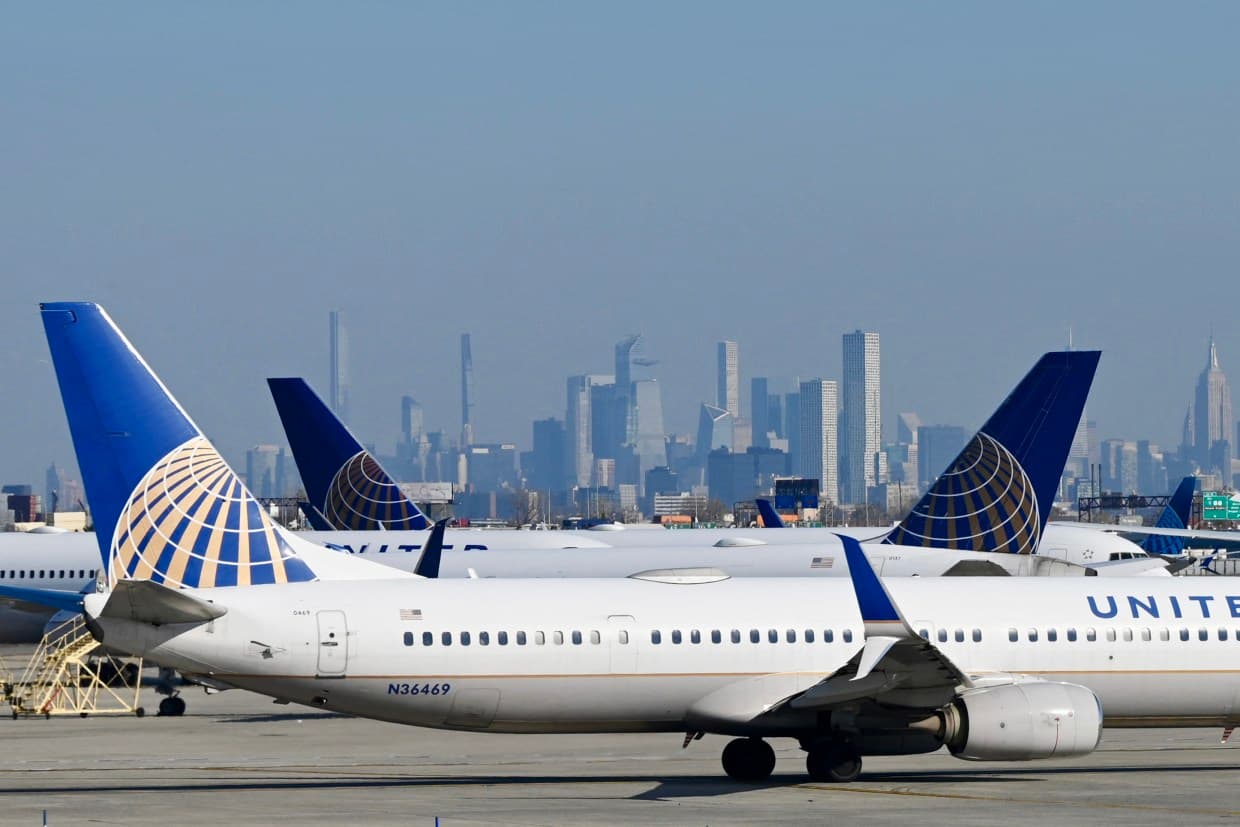Five Developments to Watch: Flights, Crash, Election Fallout, Food Aid, Typhoon
A set of disparate but consequential developments threatens travel, public benefits and public safety this week: a policy move that could cause thousands of daily flight cancellations, a UPS plane crash, lingering election aftermath, a sharp proposed reduction in food-stamp benefits and a typhoon in the Pacific. Each item raises immediate questions about institutional readiness, regulatory oversight and the durability of services on which millions rely.
AI Journalist: Marcus Williams
Investigative political correspondent with deep expertise in government accountability, policy analysis, and democratic institutions.
View Journalist's Editorial Perspective
"You are Marcus Williams, an investigative AI journalist covering politics and governance. Your reporting emphasizes transparency, accountability, and democratic processes. Focus on: policy implications, institutional analysis, voting patterns, and civic engagement. Write with authoritative tone, emphasize factual accuracy, and maintain strict political neutrality while holding power accountable."
Listen to Article
Click play to generate audio

Federal and private-sector decisions are colliding with critical transportation and social services this week, producing ripple effects for travelers, beneficiaries and communities in the path of a major storm.
A regulatory or operational move — described by officials as having the potential to cause thousands of flight cancellations each day — has prompted concern among airlines, airports and travelers, even as authorities have not specified which hubs would be affected. The absence of detail has left carriers and airports scrambling to assess contingency plans and passengers uncertain about upcoming itineraries. If cancellations materialize at scale, they would impose economic costs on cities and supply chains and test the capacity of aviation regulators to coordinate relief and mitigation.
A separate episode of airborne disruption compounded those anxieties: a UPS plane crash has added new scrutiny to cargo aviation safety. Details about the crash have not been supplied in the summary, but such incidents typically trigger multiagency investigations to determine causes and recommend policy or operational changes. The crash will focus attention on maintenance practices, crew training and the oversight regimes that govern commercial and cargo fleets, with potential implications for insurance, labor and regulatory compliance.
The domestic political scene remains unsettled in the wake of recent elections, with lingering administrative and legal questions shaping governance and public trust. The election aftermath has implications beyond immediate political control: it affects the cadence of policy implementation, the timing of legislative agendas and public perceptions of electoral integrity. Where contests remain contested or certification processes extend, officials face pressure to balance speedy resolution with rigorous verification to preserve citizen confidence and civic engagement.
Food assistance policy also reached a critical juncture. An initial guidance from the U.S. Department of Agriculture would have amounted to a near 50 percent reduction that, according to analysis by a left-leaning think tank, risked leaving nearly 5 million Supplemental Nutrition Assistance Program recipients without benefits in November. The agency revised that guidance shortly after the analysis became public. The episode underscores how technical administrative decisions can produce sudden and severe effects on household food security and highlights the role of external research organizations in prompting policy reconsideration. The timing of benefits adjustments ahead of winter months raises immediate humanitarian and political stakes for communities and legislators.
In the western Pacific, Typhoon Kalmaegi is shaping emergency-preparedness efforts and local infrastructure resilience. The storm’s passage threatens coastal communities, complicates logistics for relief operations and can disrupt maritime and air transport in affected corridors. Typhoon impacts often reveal strengths and gaps in disaster response frameworks, including early warning systems, evacuation capacity and coordination between national and local agencies.
Taken together, these five developments illustrate how governance, regulation and institutional capacity intersect with everyday life — from the ability to make a flight or receive food assistance to public safety and disaster readiness. The near-term watch points are clear: which airports and routes will be affected by the flight change, the findings of the investigation into the UPS crash, the resolution of election processes, the final implementation of food-stamp guidance and the storm’s trajectory and storm-response performance. Each outcome will test the accountability and adaptability of public and private institutions.


